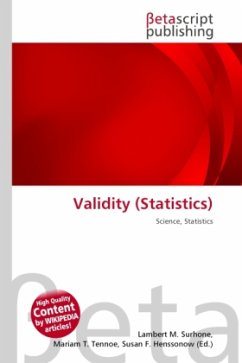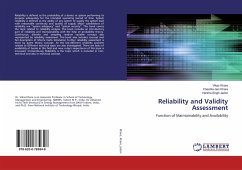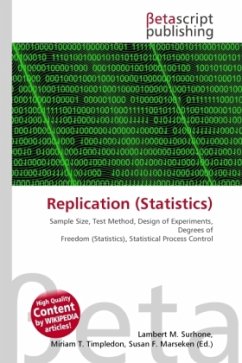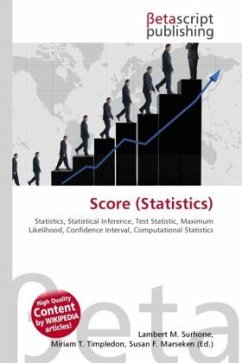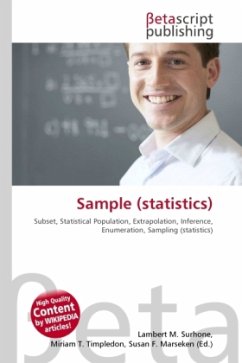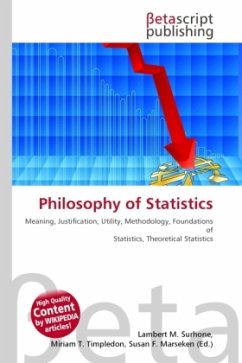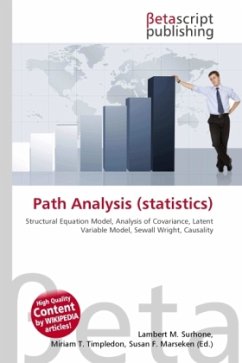High Quality Content by WIKIPEDIA articles! In science and statistics, validity has no single agreed definition but generally refers to the extent to which a concept, conclusion or measurement is well-founded and corresponds accurately to the real world. The word "valid" is derived from the Latin validus, meaning strong. In psychometrics, validity has a particular application known as test validity: "the degree to which evidence and theory support the interpretations of test scores" ("as entailed by proposed uses of tests").In the area of scientific research design and experimentation, validity refers to whether a study is able to scientifically answer the questions it is intended to answer.In clinical fields, the validity of a diagnosis and associated diagnostic tests may be assessed. It is generally accepted that the concept of scientific validity addresses the nature of reality and as such is an epistemological and philosophical issue as well as a question of measurement. The use of the term in logic is narrower, relating to the truth of inferences made from premises.
